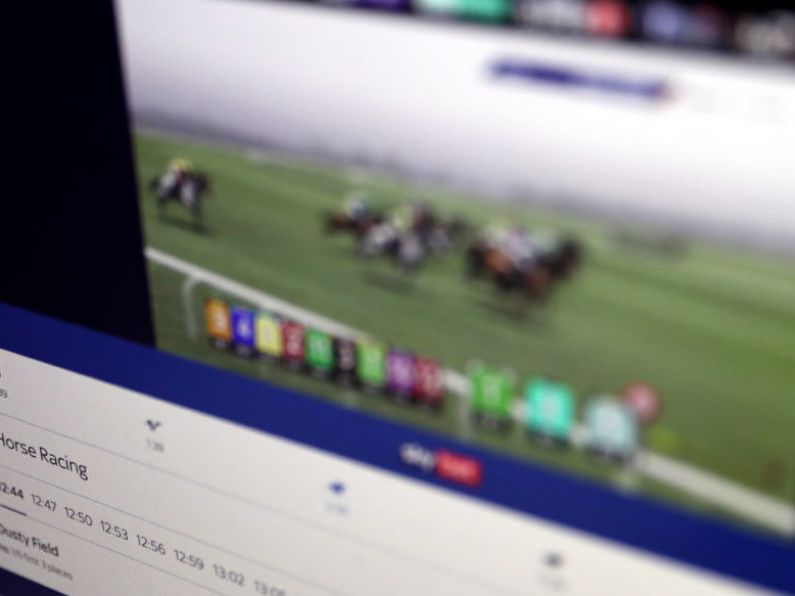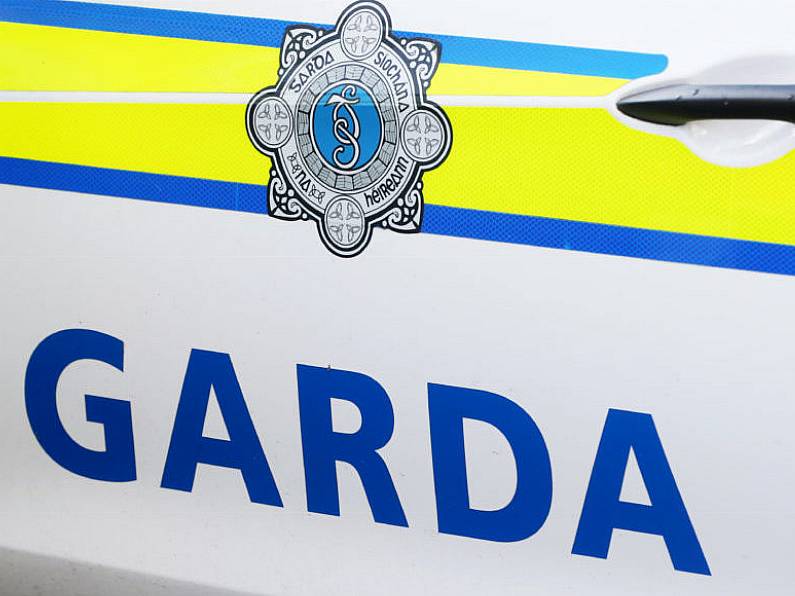The extent of problem gambling in Ireland may be underestimated and there is scant detail on some aspects of the issue in an Irish context, according to new research.
A review of available evidence found that due to negative societal perceptions of problem gambling, the extent of it in Ireland may be underestimated – but further research is needed to assess the public’s complex views of gambling.
The study cited evidence that suggests “social desirability bias may lead to an underestimation of problem gambling in surveys, but perhaps not gambling behaviour among the wider population”.
The latest estimates in Ireland indicate around 12,000 people aged over 15, or 0.3% of the overall population, are problem gamblers, but those assessed as being at low or moderate-risk of problem gambling is 10 times that number.
The review also found “reasonably strong” evidence that an increase in gambling advertising increases gambling behaviour, and evidence that messages encouraging people to “gamble responsibly” are unlikely to be effective.
It also cited evidence that gamblers can be lulled into spending money on complex bets based on unlikely combinations of outcomes.
ERSI Research
The review was carried out by the Economic and Social Research Institute (ESRI) and was commissioned through the Department of Justice.
The ESRI research concluded that many have difficulty recalling how much they have spent gambling, and that problem gambling is more prevalent among young men, people in disadvantaged communities, those with addiction issues and mental health problems.
It also noted that issues affecting adolescents, such as online social casino games and ‘loot boxes’ in video games in particular are also important to consider as they are “largely unregulated”.
The research suggested limit-setting tools and personalised feedback on gambling websites, and therapeutic interventions such as cognitive behavioural therapy could help tackle problem gambling.
The Government’s Gambling Regulation Bill 2022 which is currently before the Oireachtas, sets out the legislative basis for an independent gambling regulator – called Udaras Rialala Cearrbhachais na hEireann, Irish for ‘the gambling regulatory authority of Ireland’ – with powers to regulate gambling advertising, websites and apps.
The bill is currently at committee stage, but it is aimed that it will pass through the Oireachtas this year.
Anne Marie Caulfield, the chief executive designate of the gambling regulator, said: “A critical function of the new Gambling Regulatory Authority will be to create greater awareness of problem gambling and the supports available to those that need assistance.
“If we are to successfully tackle problem gambling we need to know the extent of the issue and how it is impacting on people’s lives.
“We have commissioned the ESRI to conduct a second study focused on measuring the extent of problem gambling and we anticipate results later this year. This new research study will ensure that our policy decisions and measures are evidence-based and informed by research.”
Professor Pete Lunn, head of the ESRI’s Behavioural Research Unit, said: “Based on current evidence, we are pretty sure that the true extent of the problem is hidden from public view, along with some of the forces behind it. We are currently planning research designed to change that.”
By Gráinne Ní Aodha, PA
Keep up to date with all the latest news on our website Beat102103.com.






